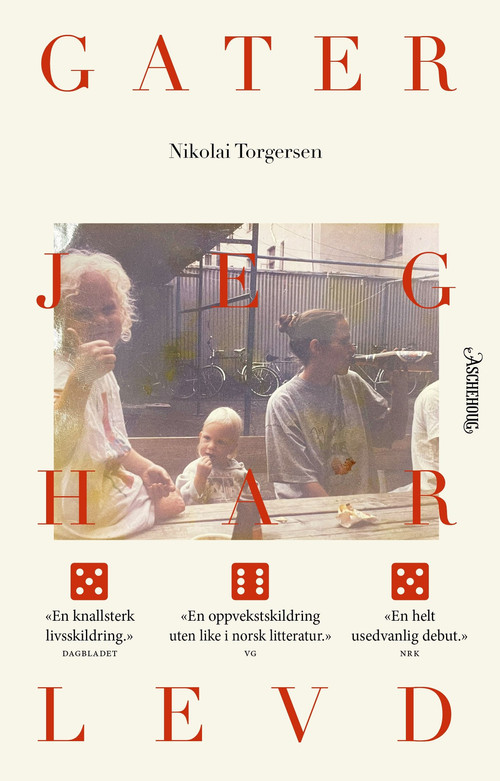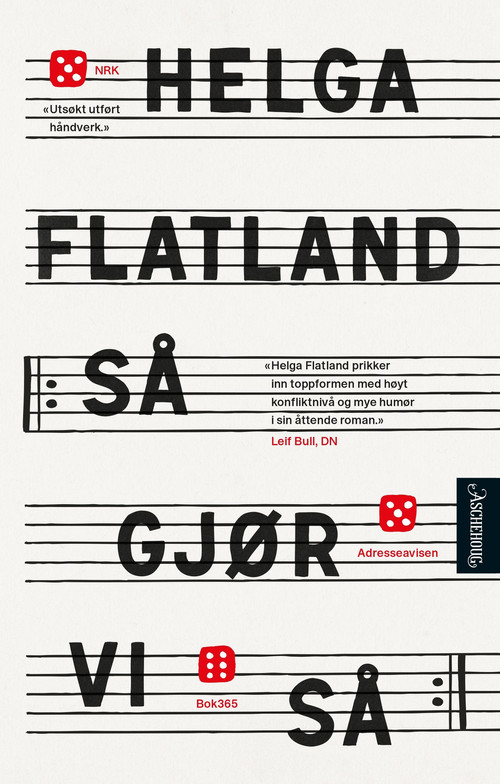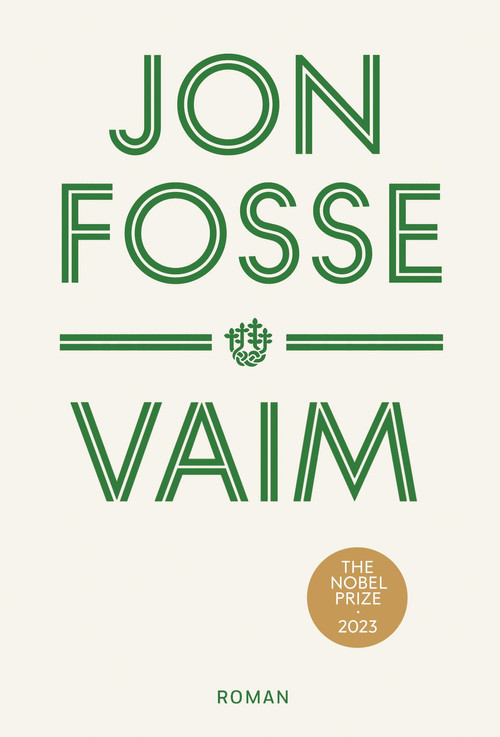When Nina gets cancer and has to check in to the hospital as an in-patient, it seems as though the whole world is collapsing around her. But she soon begins to enjoy herself, and on the day that she is declared well again she has no desire to go back to her everyday life.
When you’re healthy, nobody looks out for you; it’s expected that you’ll take care of yourself. You’re supposed to perform and be funny and sociable. You’re supposed to go out, never to miss out on a single thing, and to drink too, but not too much. Nobody checks your weight and your blood work or asks if you are tired or perky or afraid or indifferent. When you are healthy, nobody asks you anything at all. You are not in safe hands.
You might as well not exist.
With black humour and a keen eye for our weaker sides, Rebecca Wexelsen delivers a convincing debut novel about sickness, loneliness and belonging.
Rebecca Wexelsen writes funny about serious topics. ... Even without the cancer disease, Wexelsen’s wellfunctioning comic rests on a sore sadness. This is a successful debut.
By way of Nina, the first person narrator, Wexelsen has cast a keen and comical eye on hospital life. [...] With her abundance of striking imagery and quick, witty tone, Hotel Montebello seems to disarm the disease we all fear most.
5 out of 6 stars
The author’s use of something as extreme as cancer to portray loneliness is original. [...] Reading about this young, hopeless girl is bleak; nevertheless, as a whole Hotel Montebello is an easy novel, penned by a young, fresh writer.
The author elicits with humour the paradox in how the hotel is also a microcosm of the society beyond its walls. [...] Here crushes, longings, and dreams are described. Wexelsen conveys fates and intentions brushing up against each other.
As a debut novel, Hotel Montebello impresses – and is perhaps particularly good fare for those of us quick to slumber in the reading room. [...] A book to laugh and cry along with, to take comfort in back at student digs (with a beer, maybe, which Nina drinks a gratifying amount of).
What could have been a gloomy tale about loneliness is camouflaged by a gallows humour of subtlety and intelligence. Loneliness, recognition, humour and creative metaphors ought to be good enough grounds to pick the book up.






